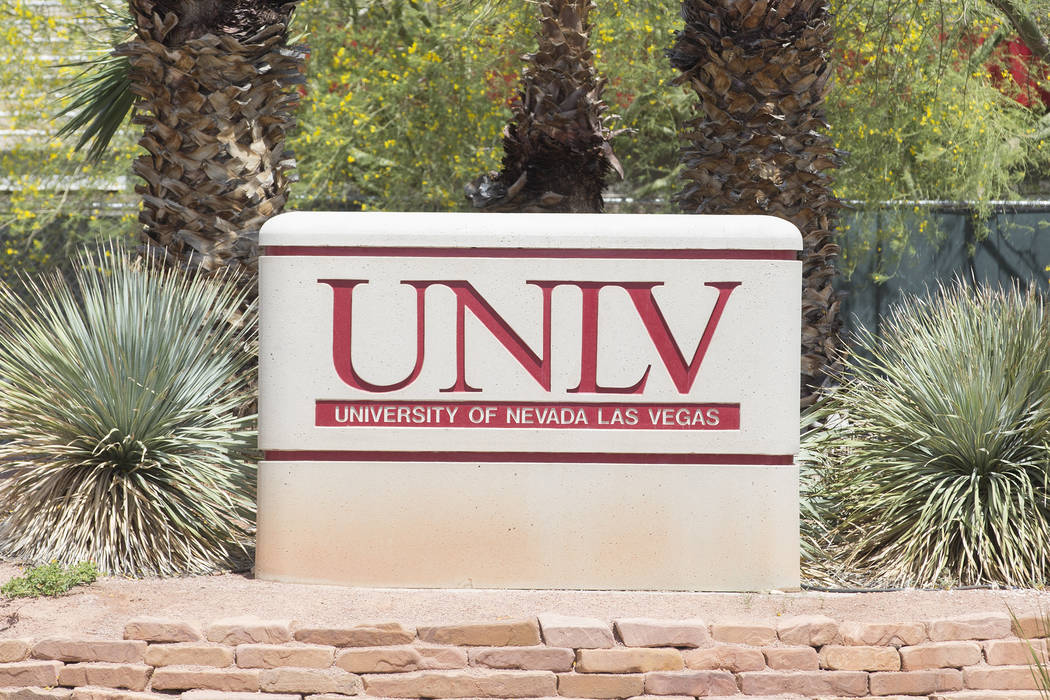Most UNLV veterans not facing backlog in getting GI bill benefits

Most veterans using the Forever GI Bill to attend UNLV have not faced the backlog affecting thousands at other universities who have yet to receive benefits or have received them late.
After President Donald Trump signed the Forever GI Bill last year, complications were expected. The bill expanded benefit payments covering education and housing for veterans and their families, but it failed to upgrade the Department of Veterans Affairs’ technical capabilities to account for those changes, the VA acknowledged.
That left thousands of veterans waiting to receive benefits to pay for this semester.
UNLV avoided the backlog by getting its veterans’ paperwork in early, said Ross Bryant, who directs the university’s Military and Veterans Services Center.
“UNLV beat out the rest of the veterans going to the VA,” he said. “We helped prevent the backlog by turning in our stuff in July.”
Of the roughly 1,600 veterans receiving GI benefits at UNLV, only 38 had to wait until the end of October to receive them, Bryant said. Fourteen had filed after the VA deadline and were caught up about two days ago, he said.
“Right now, I don’t have anyone affected,” Bryant said.
Bryant credits his team of 36 staff members for the swift processing. The team, led by program coordinator Melissa Barber, attended a conference in the spring that highlighted the possible upcoming challenge, he said.
To avoid potential issues, the university gave GI Bill beneficiaries priority registration and encouraged them to turn in their paperwork in July, ahead of when most of the nation’s estimated 1.2 million veterans would be going back to school.
Also, Bryant said, any veteran who had 100 percent benefits was able to be verified through a new indication system Barber set up, so UNLV veterans didn’t have to make out-of-pocket payments for tuition.
Previously, if payments were late, the veterans would have to pay tuition, even if ultimately they would be paid back by the VA later.
“On UNLV’s side of things, they didn’t have to sweat any kind of bill. They could go to school,” Bryant said. “The only thing they had to worry about was getting their books and paying their rent.”
But Bryant said the housing allowance under the GI Bill can equate to around $1,500 a month, and some students had to dip into their savings to get money for rent.
“We’re dedicated to preventing any obstacle for veteran success,” he said. “And that means making sure they get paid.”
Contact Briana Erickson at berickson@reviewjournal.com or 702-387-5244. Follow @brianarerick on Twitter.